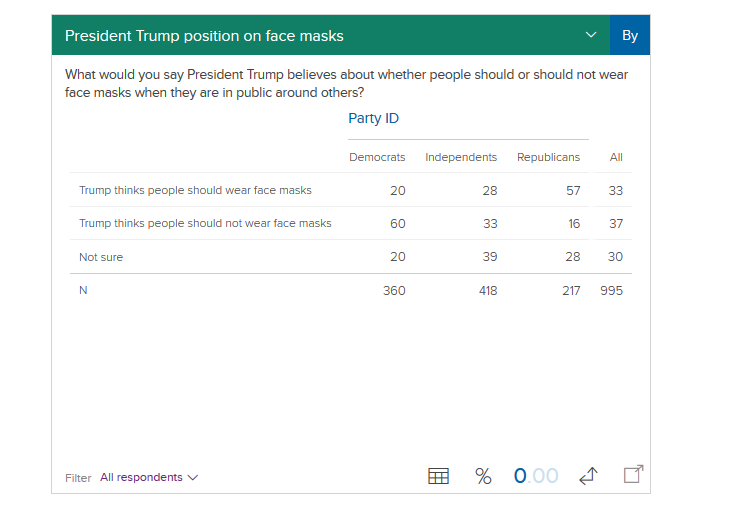
One thing that's probably worth mentioning as impeachment polling starts to come out: Until we have a better sense of factors behind 2020 election polling error, can't discount that some of the same factors are affecting non-election political surveys.
To the extent there was a likely-voter-model problem, that's not a factor. But differential non-response very well could be.
Reasonable hypothesis that national impeachment polling might understate opposition by up to 3-4 points.
Reasonable hypothesis that national impeachment polling might understate opposition by up to 3-4 points.
Compared to elections (where slim margins can be crucial), something like 39% opposition vs. 42% opposition isn't as meaningfully different.
But it's probably a good reminder that all these numbers are, by definition, estimates.
But it's probably a good reminder that all these numbers are, by definition, estimates.
Pew has a very good discussion of what the potential sources for error were, and how some of them could be more impactful on non-election polls than others:
pewresearch.org/fact-tank/2020…
pewresearch.org/fact-tank/2020…
To summarize very broadly, there are two main buckets:
-Errors in gauging which people were likely to vote (this happened in 2012, when polls underestimated Obama)
-Systemically missing some bloc of voters, who don't fall along usual party/demo lines accounted for by weighting
-Errors in gauging which people were likely to vote (this happened in 2012, when polls underestimated Obama)
-Systemically missing some bloc of voters, who don't fall along usual party/demo lines accounted for by weighting
Former is not a problem for surveys of the full population, latter quite plausibly could be.
Again, this is something we'll have a somewhat better understanding of in a few months.
Again, this is something we'll have a somewhat better understanding of in a few months.
• • •
Missing some Tweet in this thread? You can try to
force a refresh





